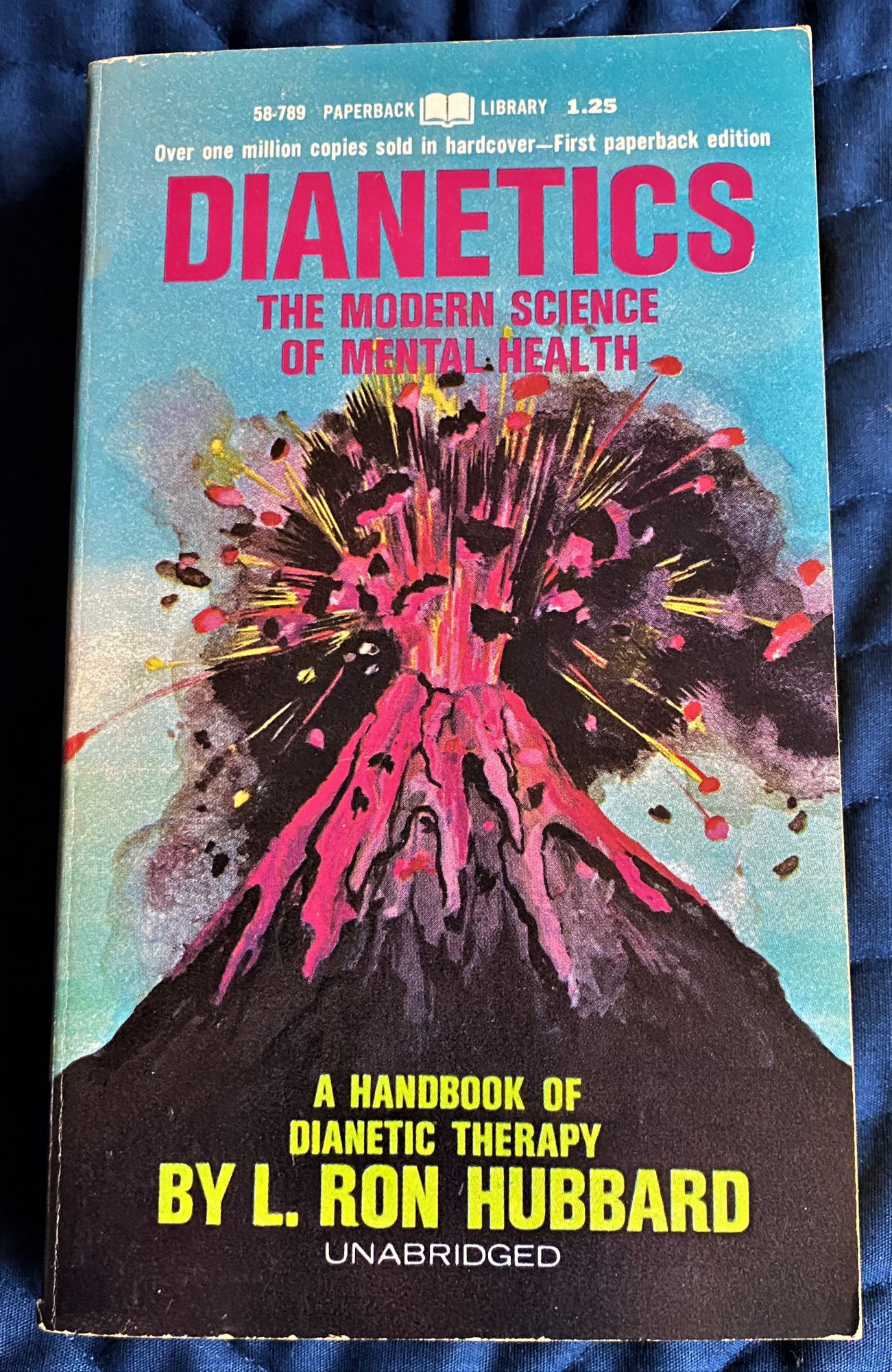7 Simple Techniques For Dianetics
7 Simple Techniques For Dianetics
Blog Article
Some Known Details About Dianetics
Table of ContentsThe 30-Second Trick For DianeticsThe 25-Second Trick For DianeticsSome Known Incorrect Statements About Dianetics Get This Report about Dianetics
I could not ever not wish to get anything that enters your mind for you- if it was or else, I would not be sitting below with you, doing this. I not only could never have a trouble, or not wish to hear something that enters your mind for you, however I'm completely excited to know every idea, every thought, every photo or feeling that emerges or materializes for you- don't ever think or else, and if for one reason or another you do, please just allow me understand! Often, you might have a thought, and photo, idea or occurrence turn up that does not appear to answer the inquiry, or relate to it, yet nevertheless, always do inform me about it, and as we proceed, the importance will arise for you.This is fundamental in the basis of handling, and the subject of this conversation: the standard roles of the counselor and the customer: The standard role of the counselor is, in contrast to "common training", not to control, which means to apply and/or prevent, but to instead function from the basis of EMPOWERING THE CLIENT.

Dianetics for Beginners
John Mcmasters shared this basic truth incredibly well in among his lectures on Power processing, where he clarifies how he was asked what this "special flair" was that he had for giving such great sessions; he had to believe about that for a minute, and detected that it was what he wasn't doing, along with what he was doing: he wasn't assessing, evaluating, computer, or actually, generating any thoughts, not to mention verbal expressions, after offering the command and while waiting for the PC to complete their solution to their contentment; he was, merely and just, being existing with the computer, and totally interested.
The duty of the therapist, showed; that was his "special propensity". I have had my very own experience which educated me this well, really early in the video game. In 1982, having actually lately finished my training and internship on New Era Dianetics, I was running this on a COMPUTER, and there was a point in the session where (being a bit damp behind the ears not yet having numerous hours under my belt as a professional auditor) the computer seemed to be "taking also lengthy" to express anything vocally after I provided him a command.
This trick became one of the most important payment that John ever made to the topic of therapy or auditing (Dianetics). In my modest viewpoint, it is the greatest payment that anybody has actually ever made to these subjectsthe application is entirely non-judgemental, non-evaluative, and without any kind of pointer, guidance or opinion.no preconditioned program for individuals, or 'levels' that they have to do
In Scientology we prided ourselves on not examining for people. All that actually implied was that the auditor did not Vocally review for the PC in session.
Our Dianetics Diaries

Anybody that had actually ever before seen John audit could not help however see a distinct high quality in his bookkeeping."The customer's basic function is to be there with the objective of relocating in the instructions of their spiritual objectives, and to freely and fully reveal and experience whatever materializes for them in addressing the inquiries and executing the instructions in the processing.
This is something to procedure as required. Yet likewise, individuals regularly have prior experience and/or indoctrination in auditing/processing which, somehow, and to some extent, actually misguides them right into perspectives, concepts and actions patterns that protect against the complete understanding of these roles, therefore they will certainly often tend to hinder the expressing of what enters your mind, as in the instances provided try this out above. * The very first, and possibly foremost instances of mis-indoctrination leading to less than completely smooth and reliable sessions, can be located in specific aspects of the training routines, or "TR's":"TR's" are typically a person's initial, or at the very least early, experience in Scientology, and while I will go on to clarify what I view as the defects in concept and technique, however, have a tendency to be considerably therapeutic, done as they are offered (Hubbard urges that "TR's are not processing, they are educating", however factually, they are both processing AND training)
Alan Walter made similar monitorings, and enhanced these with his "Presence Processes". There is no "failing", and no denial of the fact of this being handling. The focus, as it needs to be, is on experiencing the other individual's existence. All the symptoms which get a "flunk" in doing "TR-0" are merely the being's initiatives to stand up visit here to the other person's visibility, and instead of being bugged and badgered with "Flunk", which enforces "failure!" on the being, one simply requires to be encouraged to "stick their feet in the water a little much deeper", to increasingly refurbish their ability and readiness to fully share and experience "being right here", or "existence", with others.
3 Simple Techniques For Dianetics

Report this page